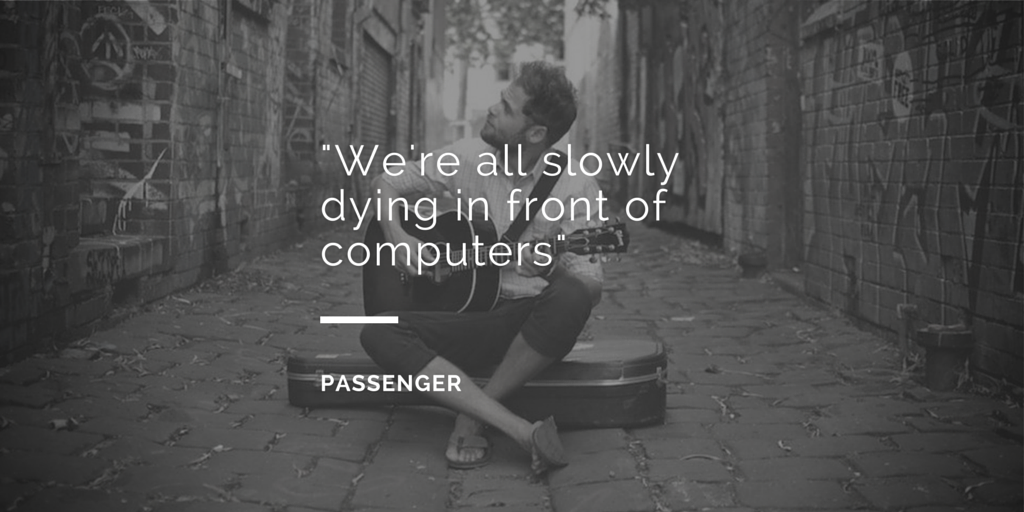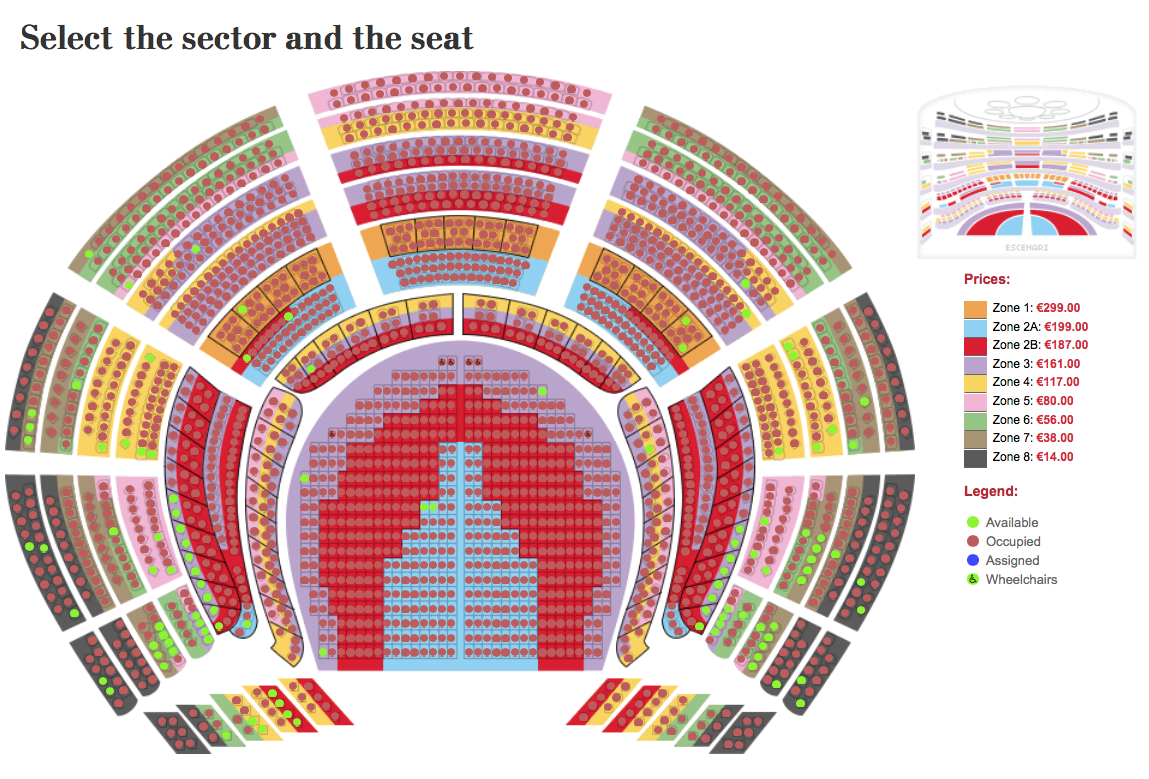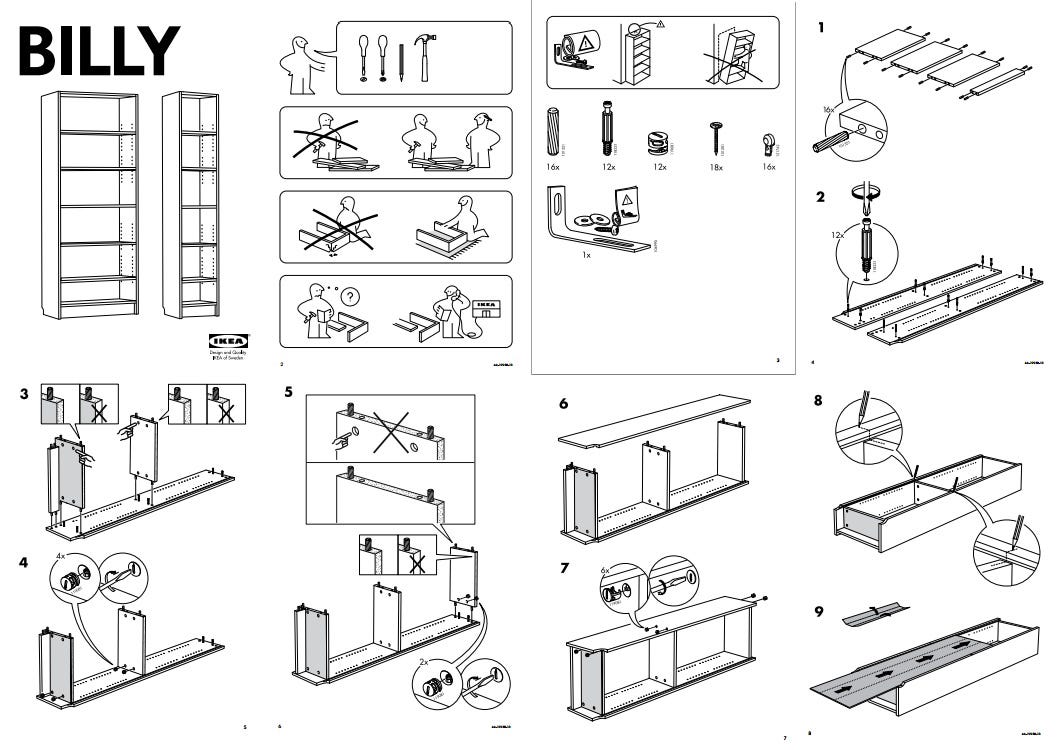This morning I attempted to work out when it was that I first owned a ‘reasonable’ personal computer. I had a sort of access to a machine when I started teaching in the 1970’s, but in those far off days, the computer was limited to one to a school – and in the school I was teaching in, it was in the jealous safekeeping of the Maths department, and ‘lesser breeds’ (i.e., non-mathematicians) access was somewhat limited.
In Cardiff in the very early 80’s I was gifted a hand-held Sinclair machine, and by the mid 1980’s I had bought my own Sinclair QL.
The QL remains the only computer that I have owned that has literally reduced me to tears as a long and graphically complex document that I was typing out to an external deadline was almost wholly lost when the keyboard froze. In those distant computer times, when the digital world was yet young, a page of A4 could take over a minute to ‘save’, so you tended not to and usually you were lucky, and you could mark the completion of your computer typing by having a celebratory ‘save’. Usually lucky, but not always.
On that unforgettable occasion I had to retype everything that I had done and eventually went to bed in the late-early hours of the morning. Slept for 30 minutes. Got up to go to work. Had a rough day.
Given that I have had almost 40 years of computer experience (as user not programmer) and have lived through the trauma of the various versions of Windows, you would think that I have become digital savvy. But no.
I say this because I spent virtually the whole of the morning after I returned having completed my early swim, looking at a blank, or near blank, computer screen.
The fault, I have to admit is mine. I am sometimes sloppy in the way that I leave my computer at the end of the day. Some things I close meticulously, but other documents and suchlike I tend to leave lurking on a variety of screens, as I tap the sleep button and depart.
Usually, of course, this means little as my work from the previous day is there ready for me to edit or ignore with a tap of a finger and the writing of a password. Except.
Except when the computer tells me that it needs to update. I suppose, like most people, I tap the ‘update later’ choice and usually plump for ‘Try tonight’ when I’m in bed for the machine to do what it needs to do.
And this is where my digital slovenliness comes back to byte me.
For me, my computer is little more than a glorified typewriter. Certainly, anyone listening to the way that I thump the electronic keys would be able to tell that I have not lost the techniques that I learned from my typewriter classes in Colchester Avenue in Cardiff on actual typewriters.
So, most of my work on the computer is in Word, and I am usually working on more than one document at the time, and I like to have easy access, so I leave the documents on the active screens of the computer, and I don’t close them.
Usually this doesn’t matter. Except when I’ve clicked the ‘Try later tonight’ button for a system upgrade. What happens then is that the Upload tries to upload, gets to a certain point, and then finds that there are open documents, and the process needs to know what I want to do with these documents, but I’m in bed, asleep. So, the Upload stops, until I open the computer and am faced with questions and directions.
I, of course, save the documents and then watch helplessly as Upload starts up, and what should have happened in the dark hours of inactivity, now happens when I have things to do in the daylight.
This has happened more than once, and I am always being caught out. It is because the clicking of the ‘Try later tonight’ is a case of ‘once clicked, soonest forgotten’ and by the time I come to close the system down, it has slipped my mind that the computer will reactivate itself hours and hours later.
It seems to me that it should not be beyond the powers of the insanely powerful chips and programs that we play with today that, if you have, however quickly and thoughtlessly, programmed an Update, there should be a message when you try and turn the computer off or if you ask it to sleep, to remind you that all other programs should be closed if you don’t want to waste half a day in the daylight!
I can remember on previous machines that I would sometimes get a “Are you sure you want to do that?” message on the screen which would, almost invariably make me pause and instinctively say, “No! I don’t! What am I doing?” Computers do make it ridiculously easy to be intimidating.
I remember on one of my early Apple computers, you would get an occasional “FATAL SYSTEM ERROR!” and a graphic of an old-fashioned spherical bomb with a fizzing fuse, which would panic me instantly!
The only good thing about not doing digital things properly nowadays is that you waste time, whereas previously you could do severe programming damage to the future running of your machine.
Perhaps this is the time that I learn to link my easy Update delay with tidy digital housekeeping. Though I doubt it! All computer users have to be masochistic to a degree, it is the price we pay for the wealth that sophisticated programs give.
No pain, no gain. That is the motto, and an article of belief in the digital world!


